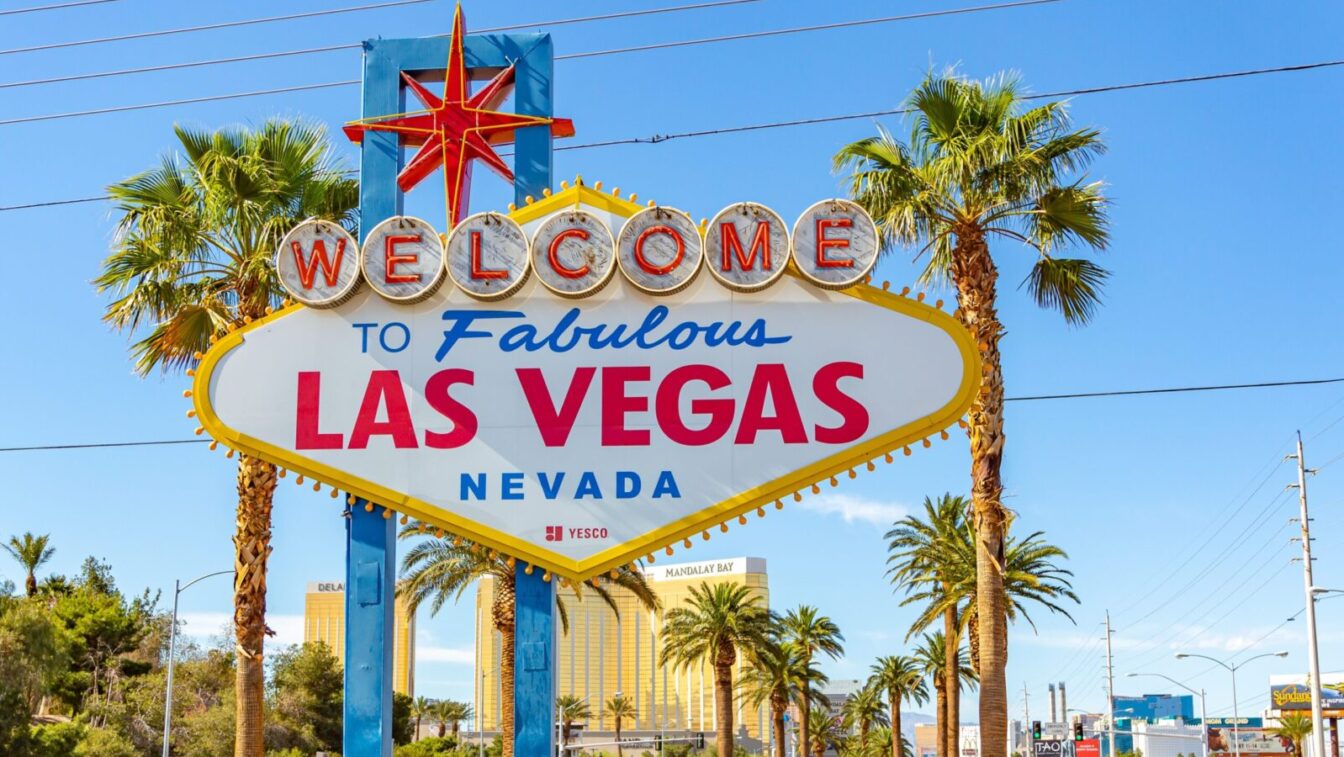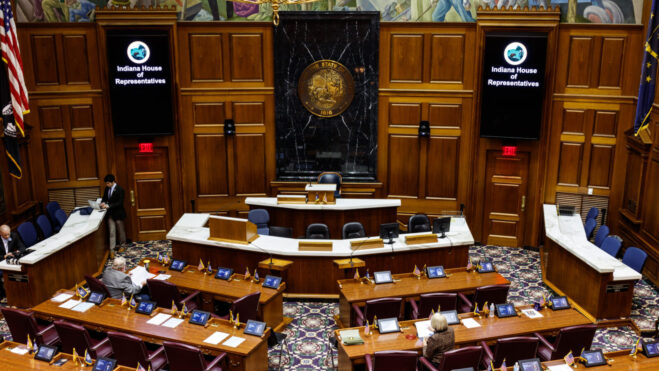Oregon Lawmakers Target Winning Lottery Ticket Resale Loophole
The practice allows winners to potentially avoid taxes and child support payments by selling tickets at deep discounts
1 min

Lawmakers in Oregon are in the process of hearing testimony on a bill that would prohibit people who win a large amount of money in the lottery from reselling their tickets, according to an Oregonian article.
The reason? Due to a quirk in state law, lottery winners can sell their tickets to a third party and avoid paying taxes and/or having child support payments taken from the winnings, according to the piece.
The paper did a deep dive into the practice last year, and found there’s a whole industry of “lottery discounters” who buy winning tickets — mostly video lottery and keno with prizes above $1,500 — from the winners for a percentage of the total. The discounters then cash the ticket for the face value.
The bill — House Bill 3115 — was first heard in a House Committee on Commerce and Consumer Protection hearing last Thursday.
“What we’ve seen and what The Oregonian has reported on in the past, is that some people have entered into this market professionally,” Matt Shelby, the Oregon Lottery’s director of communications and policy, told committee members. “We’re aware of a handful of pawnshops and a couple individuals here in the state who make a business of buying winning tickets at deep discounts.”
Millions of dollars
The lottery has been aware of this for some time, according to the article, with the busiest discounters claiming millions of dollars in prizes each year.
Shelby explained that all prizes larger than $1,500 must be claimed either at a payment center — there are two in the state — or by mail. Reasons he gave why someone would sell at a discount include not trusting the mail, not wanting to go to a payment center, as well as some darker reasons: getting out of the aforementioned taxes and/or child support, being told their immigration status would be checked before they got their money, or, simply, a desire to remain anonymous.
A handful of other states have banned reselling of lottery tickets. In Texas, it’s a felony, according to the article. Georgia has a policy in place where the state investigates frequent winners to suss out what’s going on. Massachusetts has imprisoned people involved in similar operations.
Current Oregon regulations aren’t explicit when it comes to the practice of reselling lottery tickets. While state statutes technically ban the “assignment” of winning tickets to others, cracking down on violators presents significant hurdles.
When addressing the committee, Shelby pointed out the obvious nature of these operations — noting that “nobody is that lucky” when it comes to frequent winners — but explained that proving these transactions is nearly impossible since lottery tickets are purchased anonymously, leaving officials with no method to verify when a ticket changes ownership.








